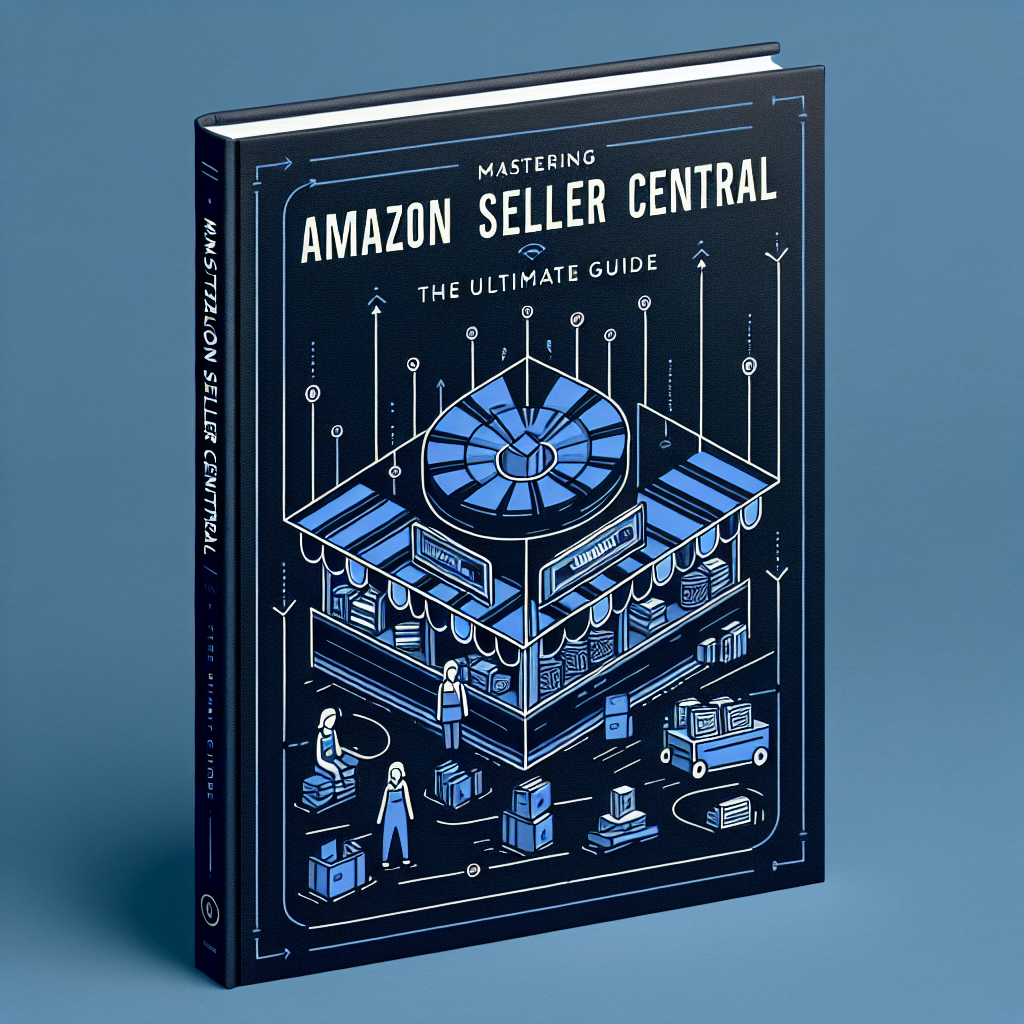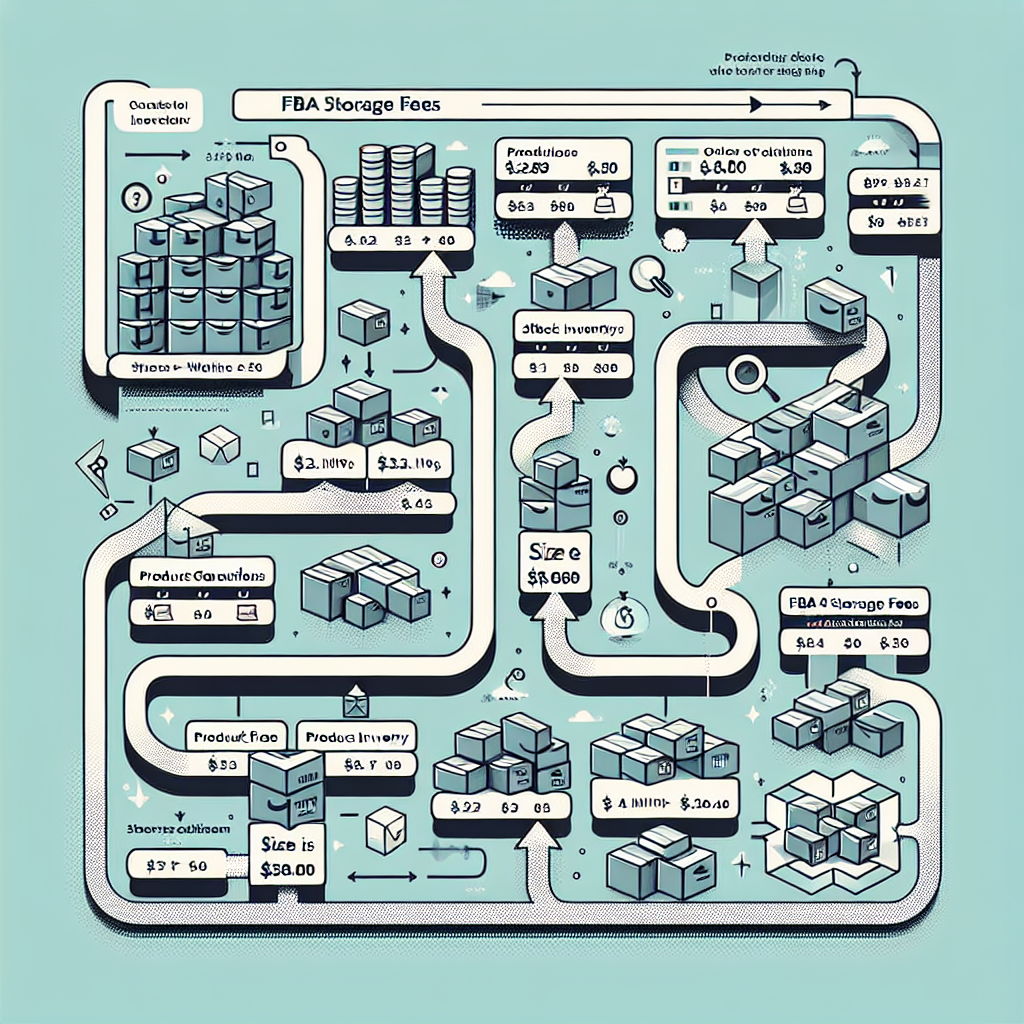Selling on Amazon has become a popular choice for many online retailers due to the massive reach and customer base the platform offers. Fulfillment by Amazon (FBA) is a service provided by the e-commerce giant that allows sellers to store their products in Amazon’s fulfillment centers. While FBA can be convenient and efficient, it may not be the best option for every seller. In this article, we will explore some alternatives to FBA and discuss the pros and cons of each method.
Introduction to Amazon FBA
FBA is a service offered by Amazon where sellers send their products to Amazon’s fulfillment centers, and Amazon takes care of storage, packaging, shipping, and customer service. This can be a convenient option for sellers who want to outsource the logistics of their business and focus on other aspects of selling. With FBA, sellers can also take advantage of Amazon Prime’s fast shipping options, which can help increase sales and customer satisfaction.
Challenges of Using FBA
While FBA offers convenience, there are some challenges that sellers may face when using this service. One of the main drawbacks of FBA is the fees associated with storing and fulfilling orders. These fees can eat into sellers’ profit margins, especially for low-margin products. Additionally, sellers may have less control over the fulfillment process, which can lead to issues with quality control or customer service.
Alternative Fulfillment Options
For sellers looking to explore alternatives to FBA, there are several options available. One popular alternative is Fulfillment by Merchant (FBM), where sellers fulfill orders themselves or through a third-party logistics provider. This can give sellers more control over the fulfillment process and potentially lower costs compared to FBA. Another option is using a third-party fulfillment service, where a company specializes in storing, picking, packing, and shipping orders for online retailers.
Pros and Cons of Different Methods
Each fulfillment method has its own pros and cons that sellers should consider before making a decision. FBA offers convenience and access to Amazon’s vast customer base, but it comes with higher fees and less control over the fulfillment process. FBM gives sellers more control and potentially lower costs, but it requires more time and resources to manage fulfillment. Third-party fulfillment services can offer a balance of convenience and control, but sellers may have to pay for the service.
In conclusion, while FBA can be a great option for many sellers, it may not be the best fit for everyone. By exploring alternative fulfillment options such as FBM or third-party fulfillment services, sellers can find a solution that meets their unique needs and preferences. It’s important for sellers to weigh the pros and cons of each method and choose the one that aligns best with their business goals and resources. By diversifying fulfillment methods, sellers can optimize their operations and provide a better experience for their customers.
Internal Links:
- Selling on Amazon
- Fulfillment by Amazon
- Third-party Fulfillment Services
External Links:
- https://www.amazon.com/
- https://www.ecomcrew.com/amazon-fba-should-you-use-it/
- https://www.oberlo.com/blog/amazon-fba
Mastering Amazon Seller Central: The Ultimate GuideUnderstanding Amazon FBA Fees: A Comprehensive BreakdownMastering the Art of Amazon ReviewsRelevant LinkRelevant LinkRelevant Link


